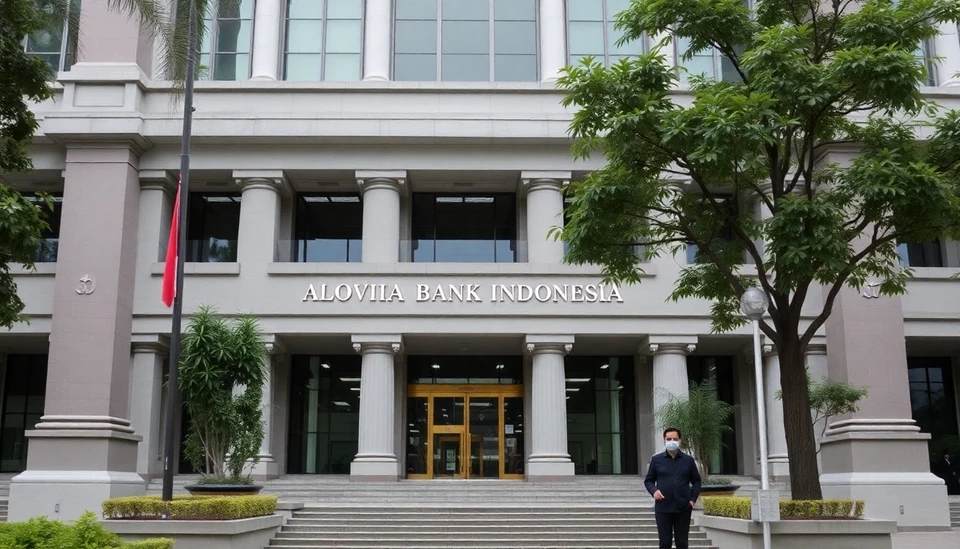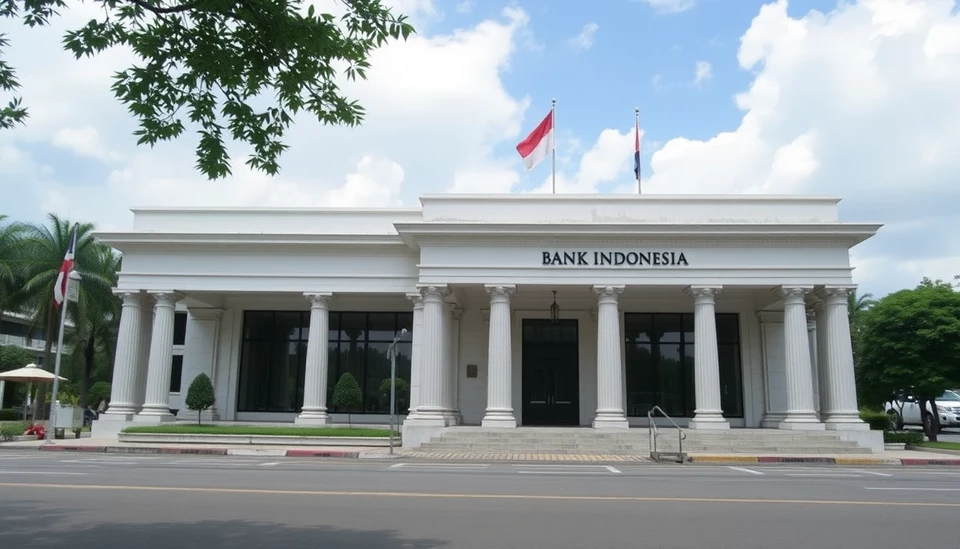
In a decisive move reflecting rising economic tensions, Bank Indonesia has pledged to protect the value of the rupiah as fears of new trade tariffs loom on the horizon. These tariffs, proposed primarily by major trading partners, threaten to destabilize Indonesia’s currency and exacerbate existing economic challenges.
The decision comes as the global economic landscape becomes increasingly fraught with uncertainty, driven largely by trade disputes and fluctuations in commodities prices. Bank Indonesia’s governor, Perry Warjiyo, emphasized the institution's commitment to maintaining a stable currency, stating that they are ready to intervene in foreign exchange markets if necessary. Warjiyo noted, “We will use all available instruments to ensure that the rupiah remains stable.”
Market analysts have been closely monitoring the situation, as concerns about inflation and trade balances continue to rise. With the Indonesian economy heavily reliant on exports, any shift in tariff policies could have significant repercussions, further stressing the currency. The anticipated tariffs, aimed primarily at agricultural and industrial goods, have the potential to disrupt Indonesia’s trade relationships, which could lead to a weakening rupiah.
The central bank has already taken steps to mitigate potential risks by adjusting interest rates and implementing measures to boost economic stability. The intent is clear: to reinforce market confidence and curb any speculative trading that may put additional pressure on the rupiah. In recent statements, Warjiyo reassured both domestic and international investors, highlighting the resilience of Indonesia’s economy and the strategic position of the central bank to act decisively in turbulent times.
As the geopolitical landscape evolves, Bank Indonesia’s proactive stance reflects a broader trend among Southeast Asian central banks grappling with similar challenges. Economists predict that Indonesia’s monetary policy will continue to adapt to the shifting winds of global trade, underscoring the importance of safeguarding the economy from external shocks.
The bank’s commitment to currency stability is not merely about retaining investor confidence but is also crucial for the overall economic health of Indonesia. With inflation rates already under scrutiny, the impact of tariffs could ripple through various sectors, ultimately affecting consumers and businesses alike. As discussions regarding trade continue, all eyes will be on Bank Indonesia and its strategies to defend the rupiah in this increasingly complex landscape.
In conclusion, the situation remains fluid, and stakeholders across the board are keeping a close watch. Bank Indonesia’s firm stance underscores the importance of a stable currency, especially in times of potential economic upheaval, ensuring that the benefits of stability can extend to every corner of Indonesia's economy.
#BankIndonesia #Rupiah #TradeTariffs #EconomicStability #CurrencyDefense #IndonesiaEconomy #GlobalTrade
Author: Daniel Foster




